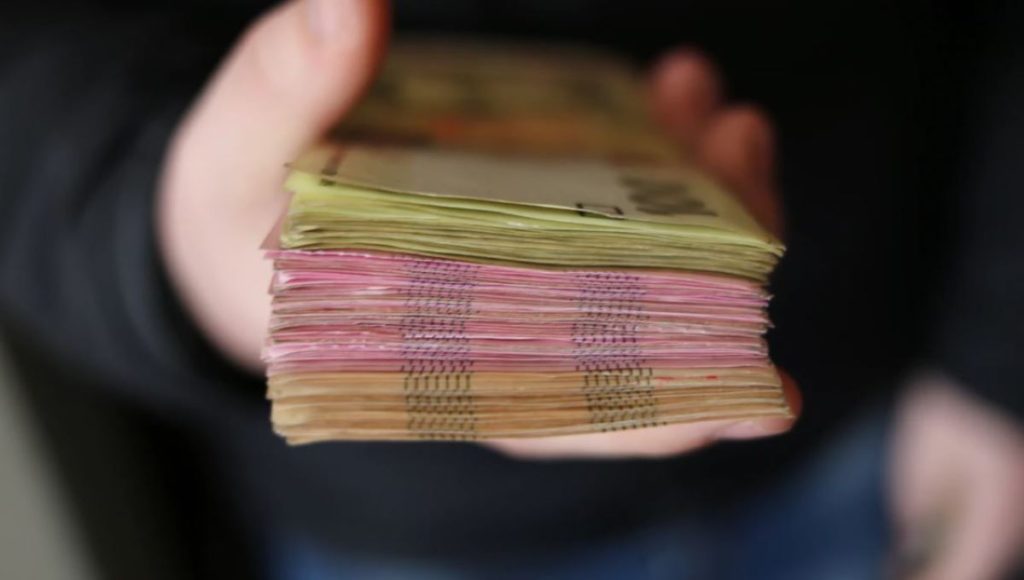Paying for goods and services in Nigeria is done with naira notes for a reason – it is the government designated currency. Governments give currencies like naira legal status to differentiate them from a piece of paper with no value.
Government policy which is set up through a federal system also determines the amount in circulation. The amount in circulation is mostly what gives the naira its value as the government releases so few for the public use.
How does few naira notes give the currency value
The government can choose to print countless amounts of naira notes to enrich everyone. But the naira notes won’t be worth much. The purpose of currency – which is to exchange it with good and services – will be defeated if they do that.
More so, the country is at risk of inflation if more naira notes go into circulation as the total value of goods and services decreases. A naira note will be able to buy what’s available which is just a small portion due to a decrease in production. While the CBN tries to avoid inflation, they also put in equivalent efforts to prevent deflation.
They CBN who plays a crucial role in inflation and deflation has often had to devalue the naira including recently.
The country could suffer deflation if the money supply is stable, but goods and services production increases. The value of the naira notes will rise.
The government tries to balance value when they control the amount in circulation. In order to balance the value of the naira, they utilize past data on the rates of inflation and unemployment.
Accuracy is necessary when determining the number of naira notes in circulation. This could have a tremendous effect on economic growth and employment rate. Economic growth is also known to be influenced by a small logical amount of inflation.
Follow us on Facebook and Twitter and send us stories on contact@africareinvented.com
